The Heritage Foundation, a prominent conservative think tank, has been embroiled in a public dispute over its decision to host a speaker with ties to white nationalist ideology. The controversy began when the think tank invited Nick Fuentes, a far-right commentator, to speak at one of its events, prompting a backlash from some of its own staff members and donors. The incident has sparked a wider debate within the Republican Party about its future direction and the role of extremist ideologies within its ranks.
According to sources close to the matter, some members of the Heritage Foundation's staff had expressed concerns about Fuentes' ties to white nationalism and his past use of antisemitic language. However, the think tank's leadership ultimately decided to proceed with the event, citing the importance of free speech and open debate. The decision was met with criticism from some of the think tank's donors and staff members, who argued that it was inconsistent with the organization's values and mission.
"This is a preview of the bigger wars to come about what the right is about, who can be tolerated as part of the coalition, and who can't be," said Jonah Goldberg, editor of the center-right publication The Dispatch. Goldberg spoke with Today, Explained co-host Noel King about the controversy and its implications for the conservative movement. "It's like the Spanish Civil War - it's a preview of the bigger conflicts to come."
The debate over Fuentes' invitation has also highlighted the ongoing struggle within the Republican Party over its future direction. Some conservatives, including former President Donald Trump, have sought to move the party further to the right, embracing extremist ideologies and populist rhetoric. Others, however, have argued that this approach is counterproductive and will ultimately harm the party's chances of winning elections.
The controversy has also raised questions about the role of social media platforms in amplifying extremist ideologies. Fuentes, who has a significant following on platforms like Twitter and YouTube, has used these platforms to spread his views and connect with like-minded individuals. However, some critics have argued that these platforms have failed to adequately address the spread of hate speech and extremist ideologies.
As the debate within the Republican Party continues, it remains to be seen how the party will ultimately navigate this issue. Some analysts have suggested that the party may be forced to choose between its more moderate and extremist wings, with potentially significant consequences for its future direction. Others have argued that the party's leadership may ultimately decide to take a more inclusive approach, embracing a broader range of perspectives and ideologies within its ranks.
The controversy at the Heritage Foundation is a symptom of a larger debate within the conservative movement about its future direction and the role of extremist ideologies within its ranks. As the party continues to grapple with this issue, it remains to be seen how it will ultimately navigate the complex and often fraught landscape of American politics.




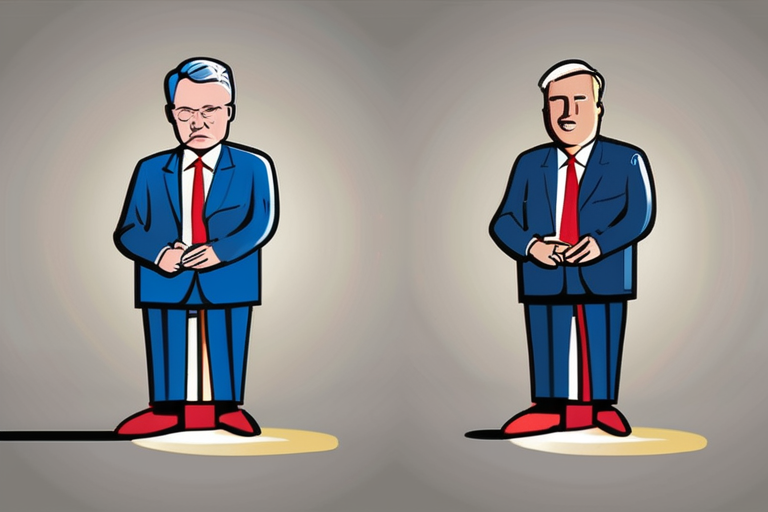



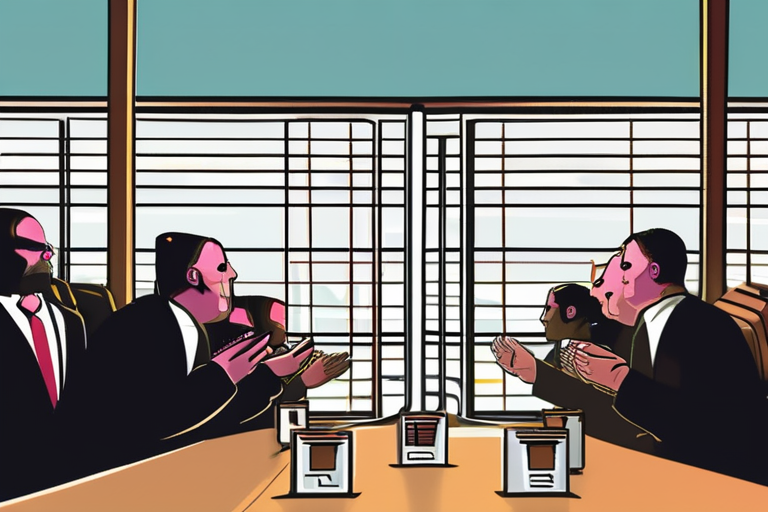


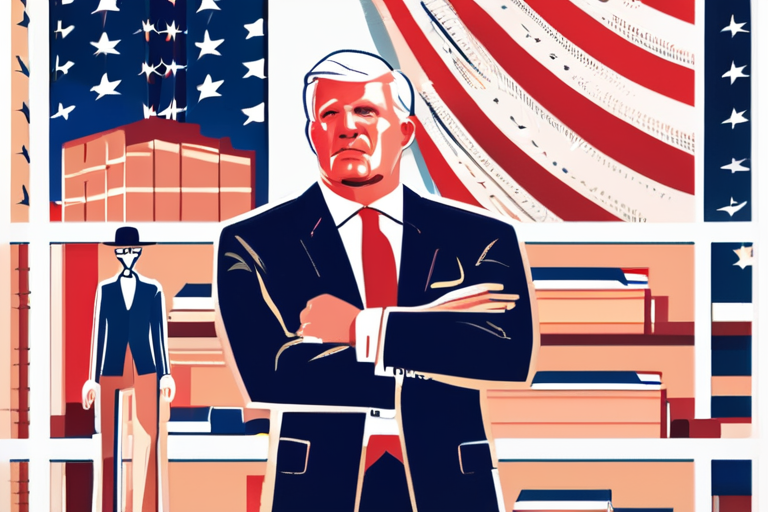
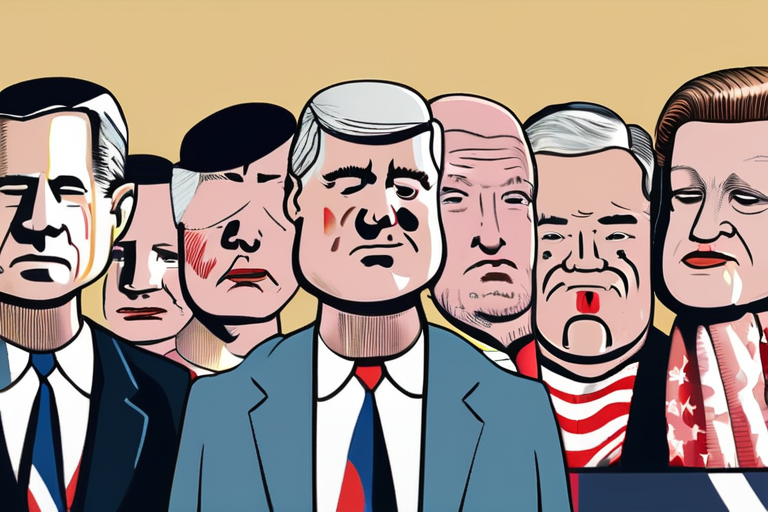

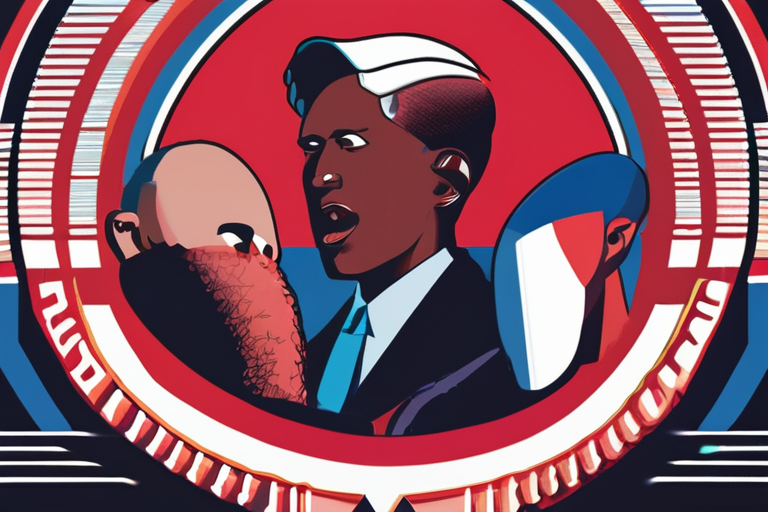




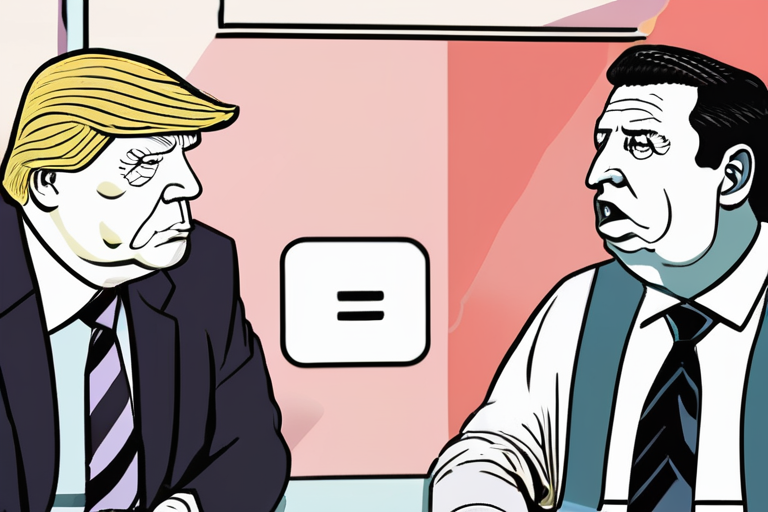

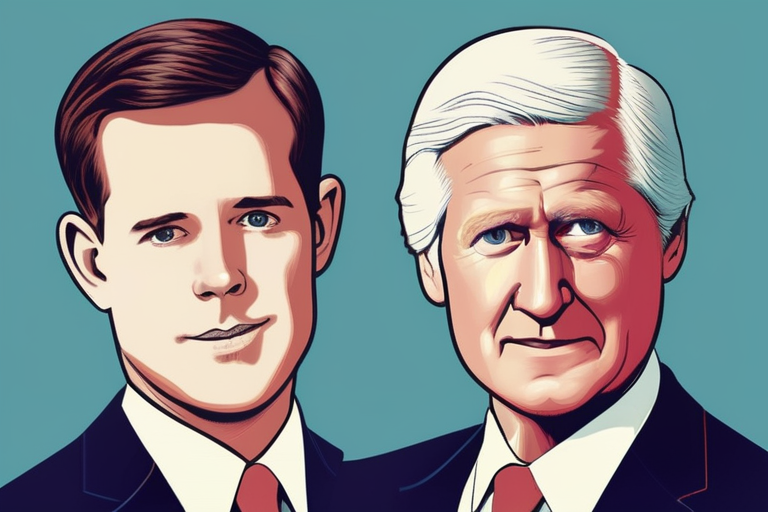





Share & Engage Share
Share this article